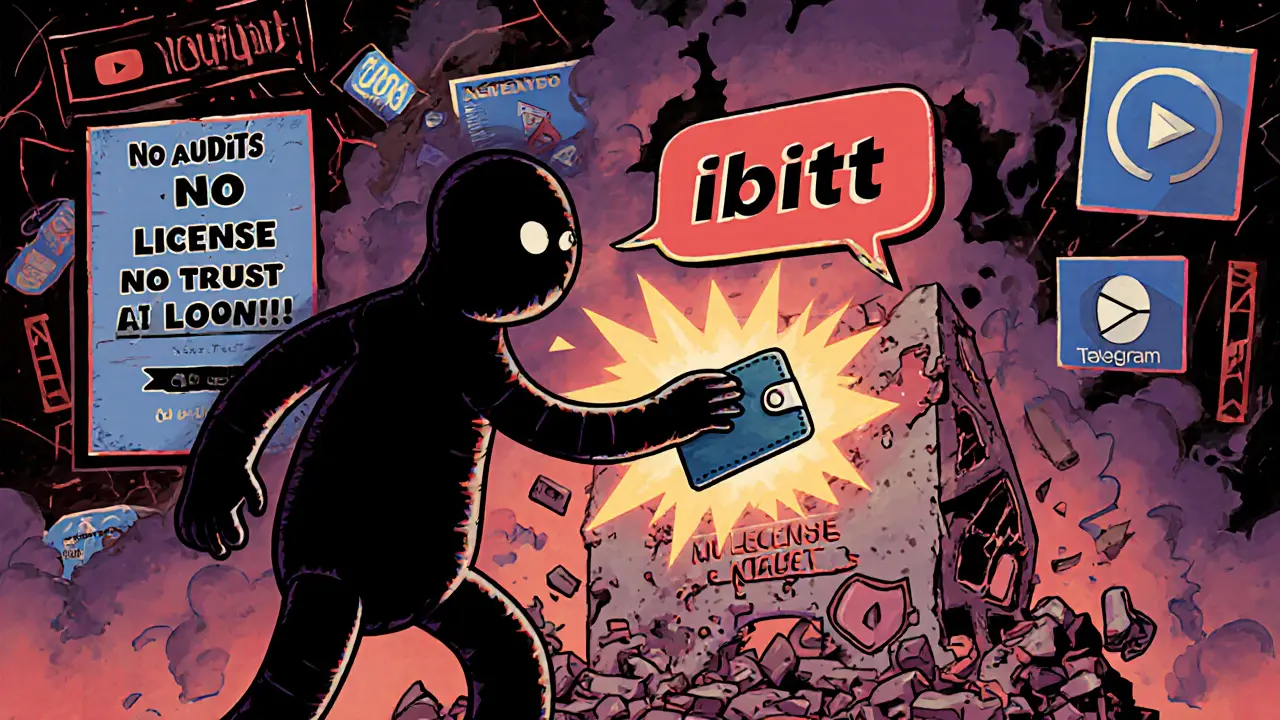Cryptocurrency Exchange: What They Are, How They Work, and Which Ones Actually Matter
When you buy or trade crypto, you’re likely using a cryptocurrency exchange, a platform that lets you swap digital assets like Bitcoin for Ethereum, or cash out to dollars. Also known as a crypto trading platform, it’s the bridge between your wallet and the wider market — not just a store, but a live marketplace where prices move by the second. But not all exchanges are the same. Some are centralized, like big names you’ve heard of, where the company holds your coins. Others are decentralized, giving you full control but requiring you to manage your own security. The difference isn’t just technical — it’s about trust, speed, and safety.
A decentralized exchange, a peer-to-peer trading system that runs on blockchain and doesn’t require you to hand over your keys. Also known as a DEX, it’s built to avoid the risks of hacks and shutdowns that plague centralized platforms. Think of it like buying crypto directly from another person, but with code instead of a middleman. Platforms like xExchange and Nimera fall here — they let you trade without ID checks, but they don’t support cash deposits or customer support when things go wrong. Meanwhile, exchanges like P2B focus on launching new tokens early, making them a playground for experienced traders hunting the next big thing — but dangerous for beginners.
What makes a crypto exchange worth using? It’s not just the number of coins. It’s whether it lets you move money in and out easily, how secure it is, and if it’s even legal in your country. In China, banks block crypto-to-fiat withdrawals entirely. In Qatar, financial firms can’t touch crypto at all. And in places with FATF greylist rules, exchanges must monitor or block transactions from certain countries. Your exchange choice isn’t just about fees — it’s about whether you can even use it where you live.
And then there’s the security layer most people ignore: 2FA. Without it, a leaked password can drain your account in seconds. Even the best exchange won’t save you if you skip this step. The same goes for understanding mempool congestion, slashing risks in staking, or how block rewards keep networks alive. These aren’t just buzzwords — they’re real factors that affect your trades, your fees, and your safety.
Below, you’ll find honest reviews of exchanges that actually work in 2025 — not hype, not ads. Some are risky. Some are quiet but reliable. A few are outright scams hiding behind fancy names. You’ll see what’s real, what’s dead, and what’s worth your time. No fluff. No filler. Just what you need to pick the right platform and avoid the traps.
No legitimate Ibitt crypto exchange exists. This review explains why it's likely a scam, what real exchanges should offer for security, and how to protect your crypto from fraud.
